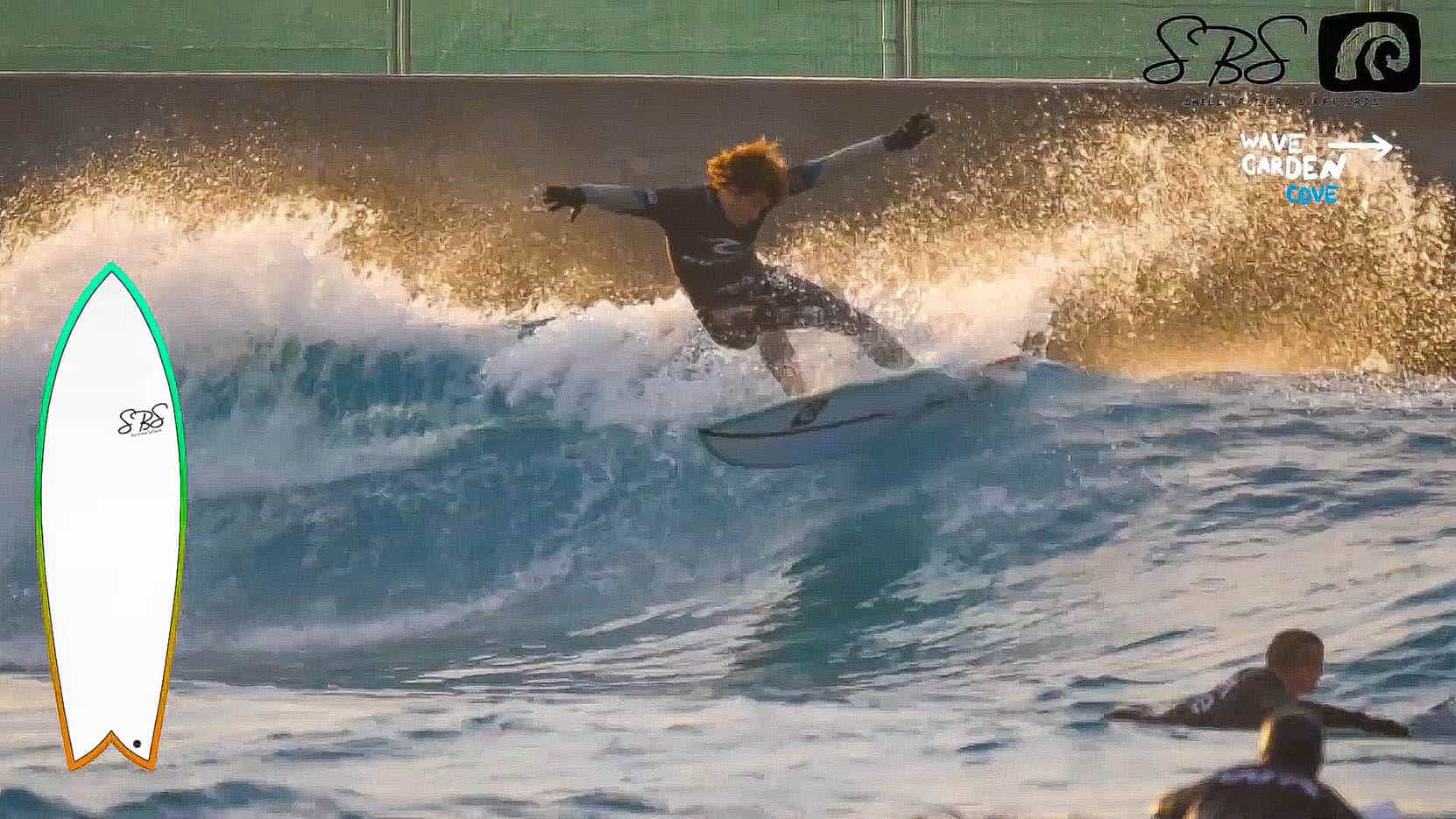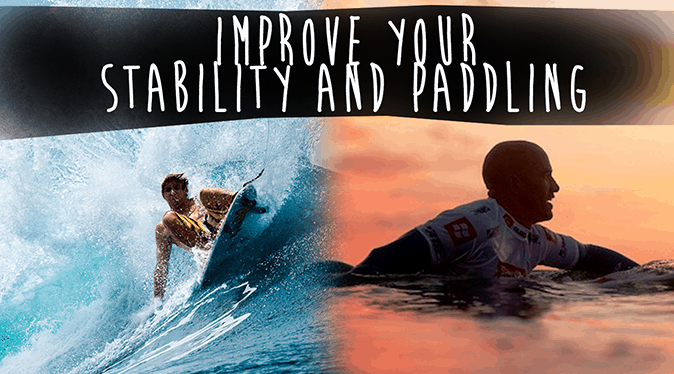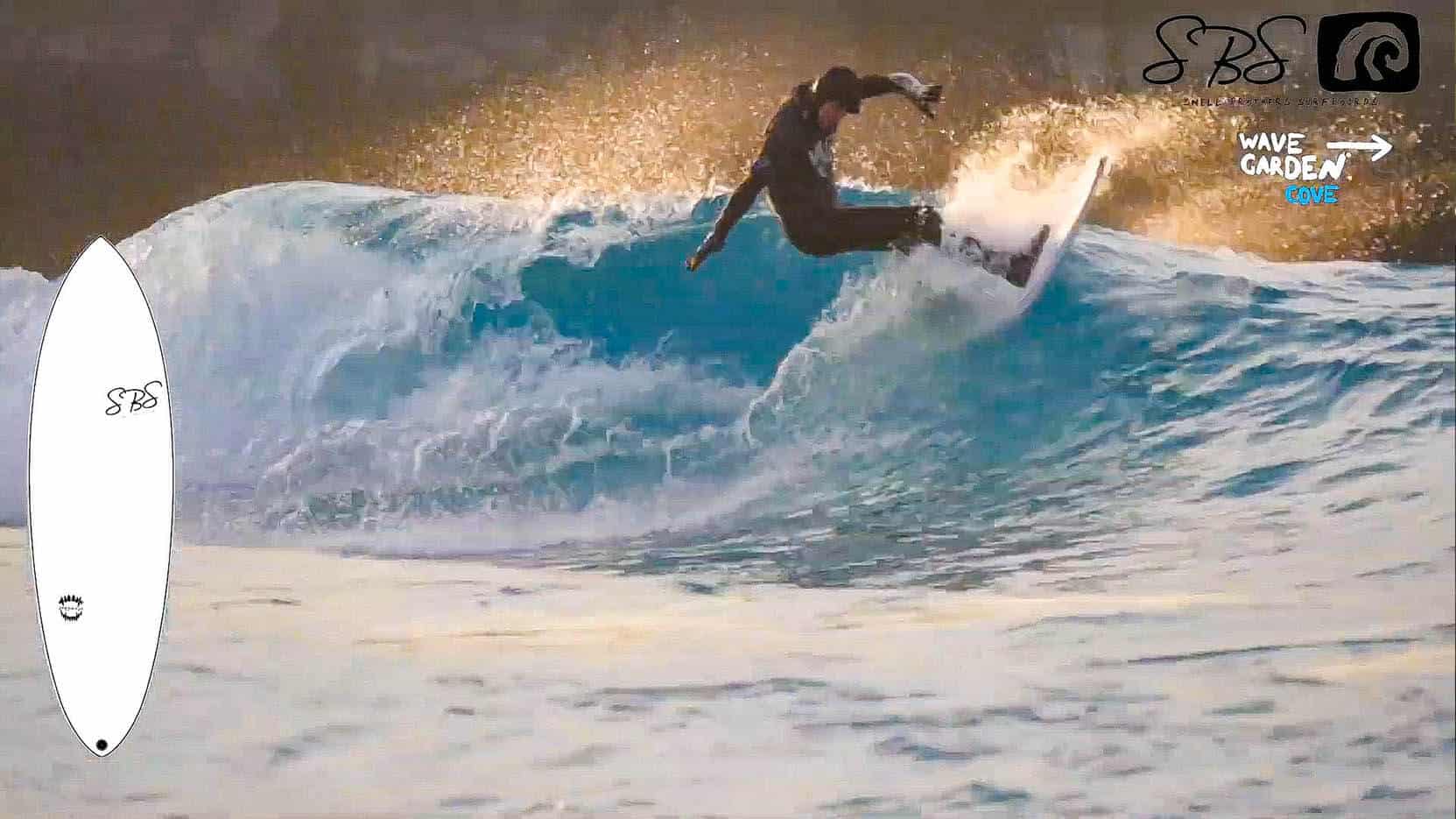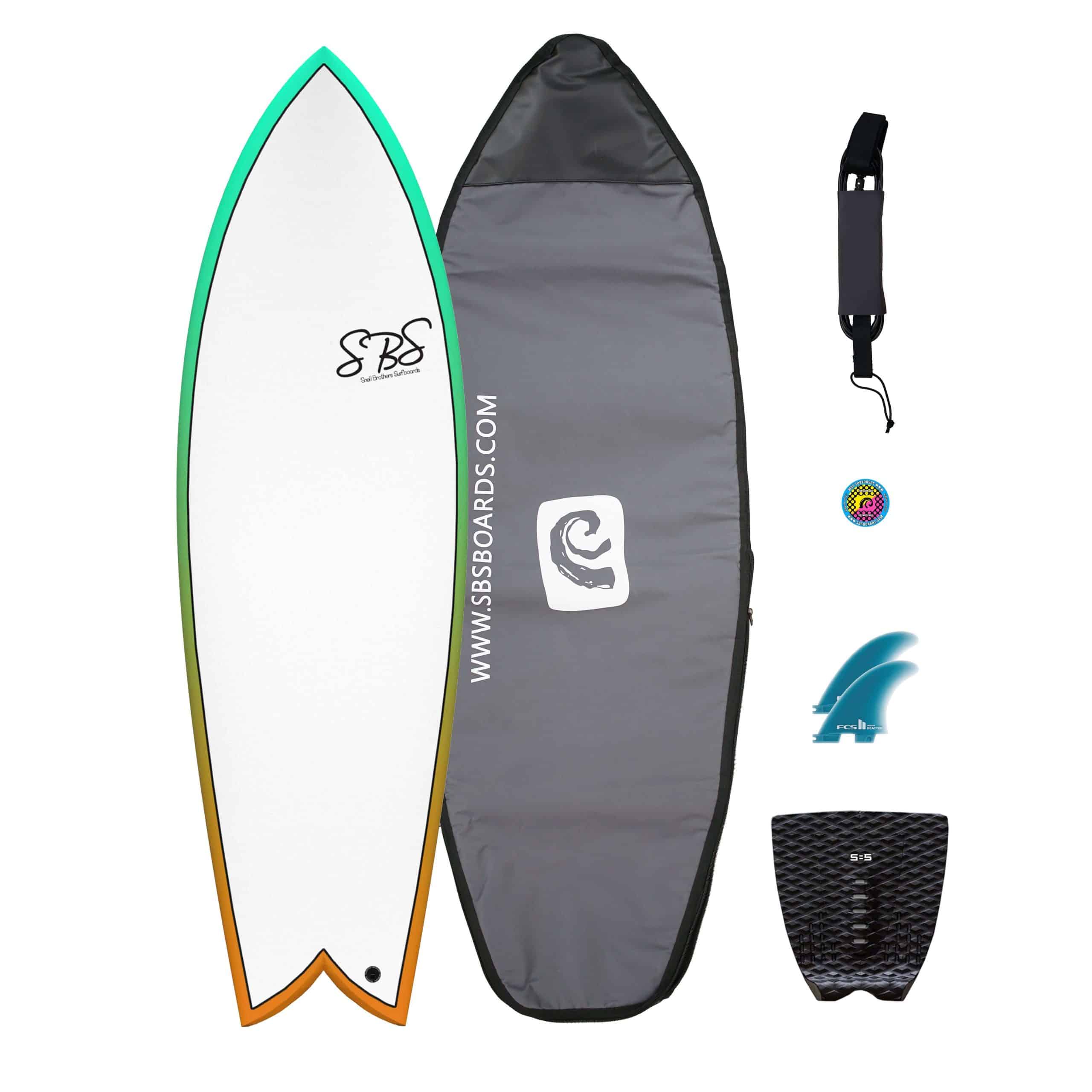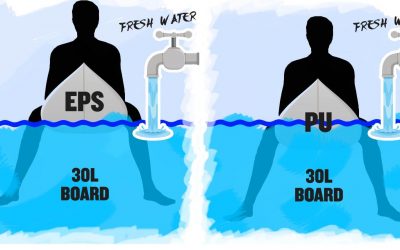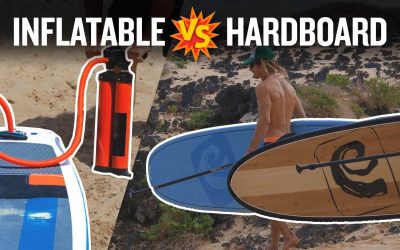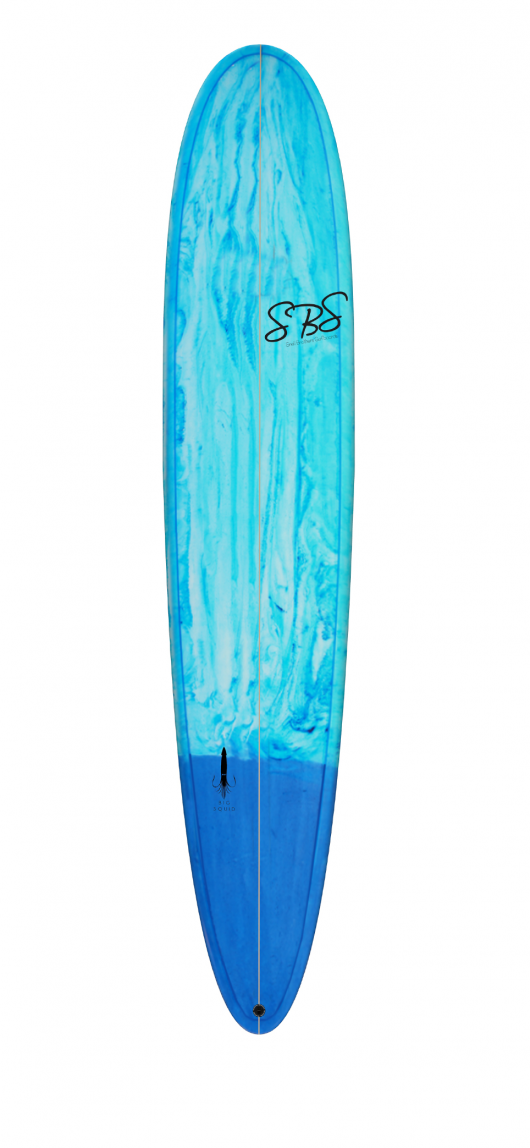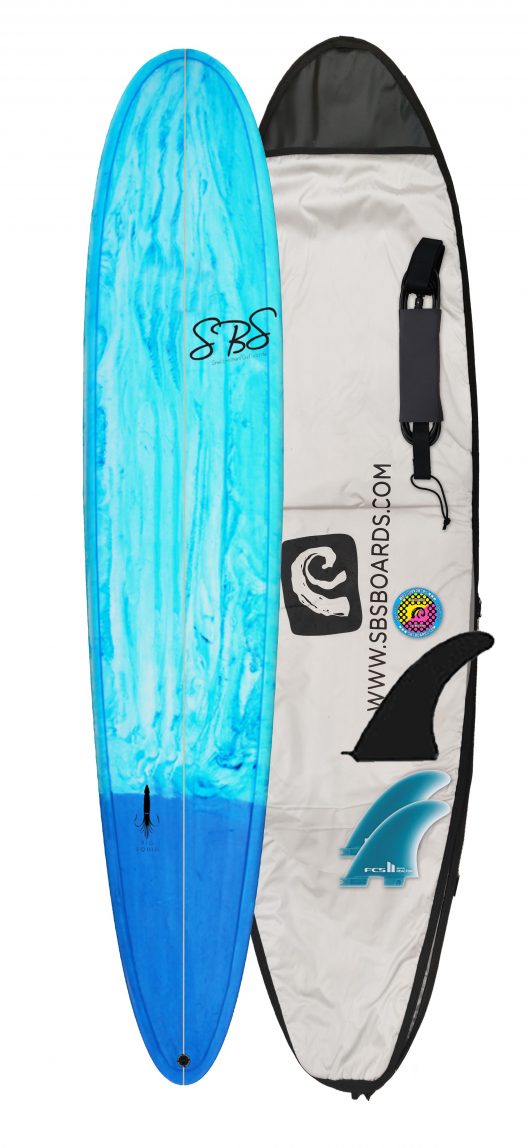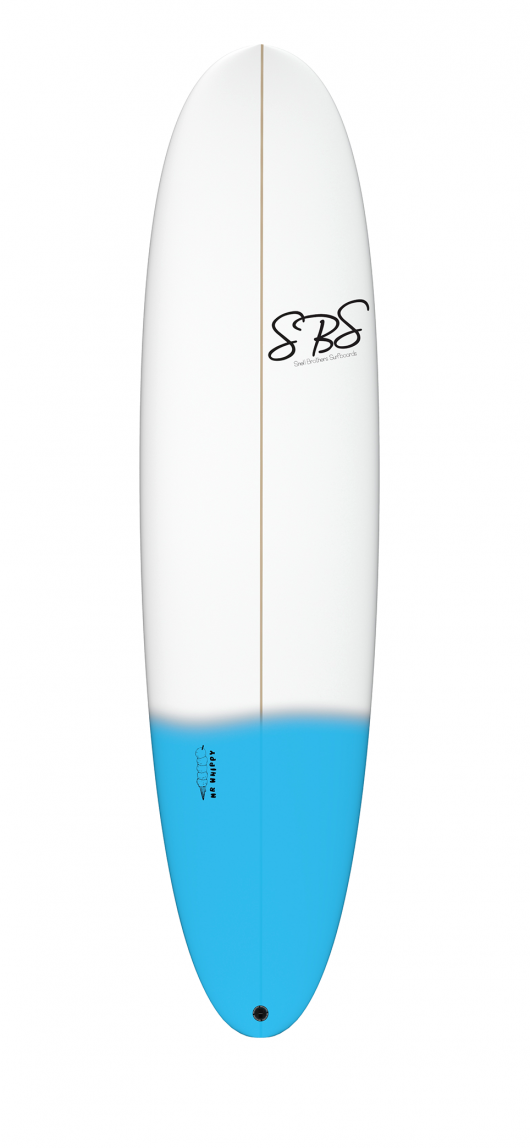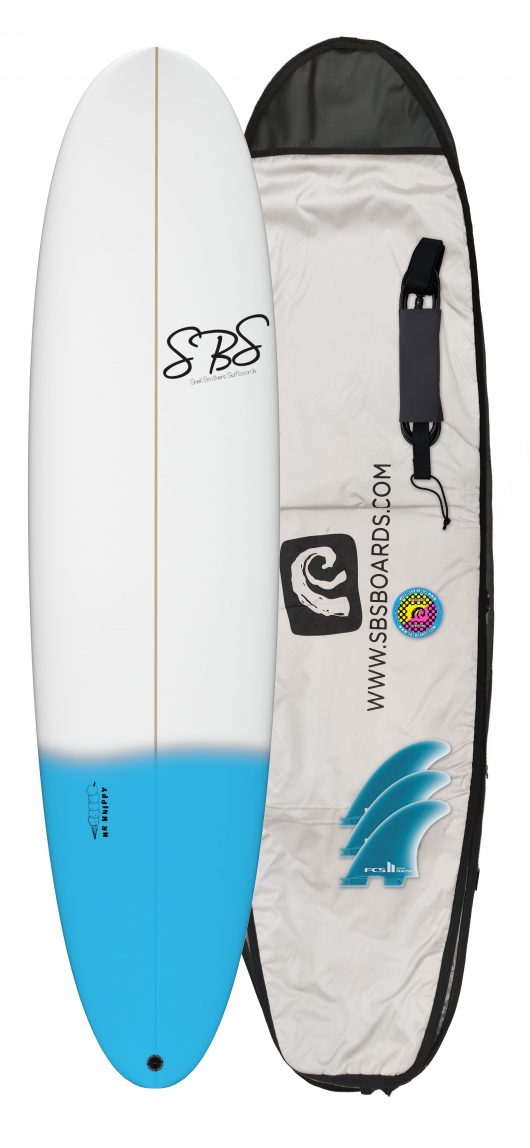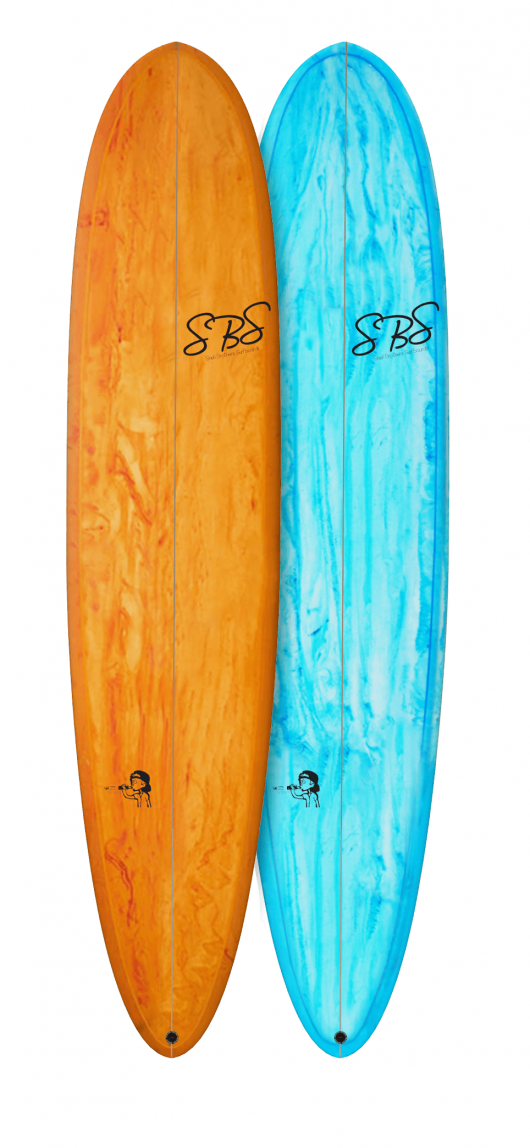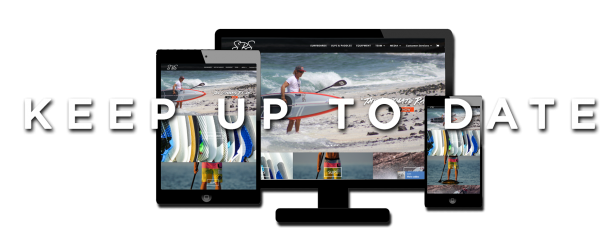5 top Tips to caTCH waves at “the wave bristol”
5 Top Tips To Catching More Waves
-
In 2019 were lucky enough to be some of the first to surf the wave Bristol which is the world first fully commercial wave garden using the cove technology. We travelled up to Bristol to check it out and were joined by our team riders dan Jeffery’s and joss brooks after getting to the wave and being blow away by seeing the first set come through, we couldn’t wait to get out there. Our team riders Dan and joss surfed the left-hander and Ben the co-owner of SBSboards surfed the rights, after their sessions we all sat daw talking about the wave and came up with our top 5 tips for catching more wave at the wave Bristol and how if you do some of these tips you will make the most of every wave available at the wave.
1 -Take A Higher Volume Surfboard
Whenever you look at a wave you want to look at the attributes of that wave and the features as well as the type of surfboard best suited to it because the wave is a relatively smaller wave with some flatter less powerful section, we would recommend having a little extra volume in your board for improved paddle power and driving down the line.
Having a few extra litres volume in your surfboard can also help when paddling in for the waves at the wave Bristol. You only have 2 attempts at catching the wave so if you’re not quite in the right position or miss time it, you might find yourself wasting your opportunity and having to catch a white wave in and miss your go for that set of the wave.
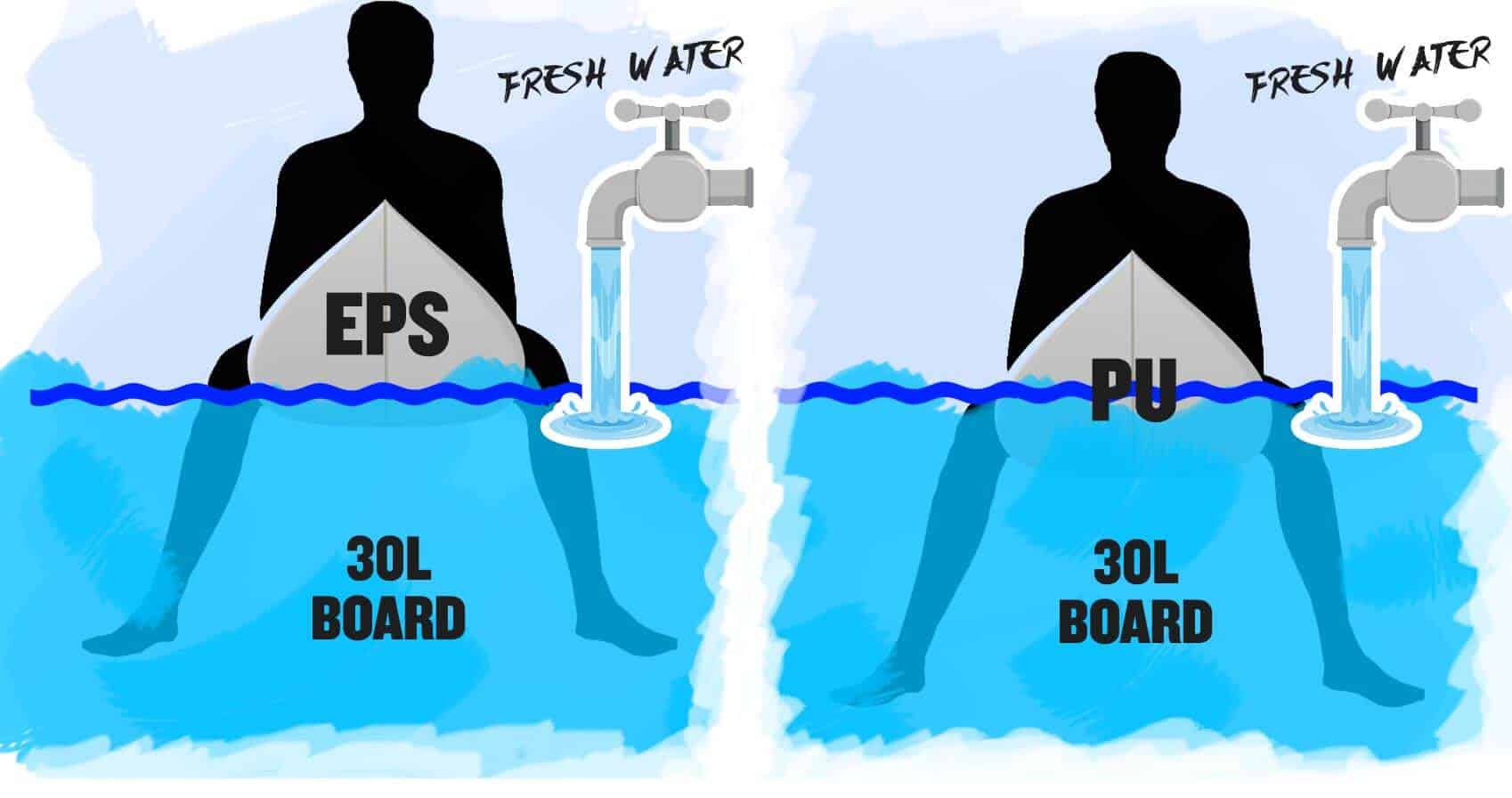
The extra buoyancy will help with paddling speed and allow the wave to pick you up a bit easier than a lower volume board. It will also help when on the wave as some sections are weaker and you either need to work the surfboard more to stay in the power zone or have a few litres extra to help get you through flatter and faster sections.
Also if you didn’t know salt water is different to freshwater in regards to buoyancy and how things float on that water if you have been to the wave and used your normal saltwater surfboard you might find you felt underpowered than you usually do in saltwater waves
Saltwater, if you didn’t know, is more buoyant than fresh water, the wave Bristol uses freshwater at its lagoon. But it’s a bit more complicated than that. The buoyancy is also factored by the temperature of the water as well as in the ocean salt density can be a factor.
For the scientific among you, you might know that One cubic foot of saltwater and freshwater do not weigh the same. The saltwater cubic sample would be 64.1 pounds while freshwater would be slightly less 62.4 pounds. Why? Because of the added weight of the extra salt.
The science states that water molecules bond with salt molecules and therefore when compared to freshwater saltwater has more molecules’ overall because there is more weight added to the water it becomes denser. The higher the density of the water the more your surfboard will float. An easy way to remember is to thing more salt the more buoyancy you are going to have. If you think about the salt levels that might help you chose a better option for surfing.
Famously the dead sea has about 20% more salt in it than the rest of the world so people can float very easily in it, the same thing with your surfboard more salt in the water will be pushing you back up to help you float. Were as in freshwater you don’t have any extra help
There is also the issue of the temperature of the water. Depending on when you go surf the wave may affect what type of surfboard and how many litres you ride at the wave, Bristol. If like us you headed to the wave on a winters day you no doubt going to be covered from head to toe in a wetsuit and that wetsuit might just help give you a bit more buoyancy but if you head to the wave Bristol in the summer you might be surfing in boardies or a bikini and that could affect your buoyancy of you on the surfboard quite a bit.
Coldwater and warm water have different Density!
What….. I know even more to think about but stay with me. The Densities of salted and unsalted water change depending not just on the content of salt but also temperature. In warmer climates the Water molecules speed up and spread out, meaning they occupy a larger area there for less dense. cold water is the exact opposite with water molecule’s occupying a smaller space so depending on the temperate and if you are wearing a wetsuit or not might mean you should adjust your surfboard dims
So what does that mean when I go surfing the wave?
Adjust your surfboards for the wave, Bristol, by either upping the volume of your board or opting for an EPS Construction (Expanded Polystyrene) in your surfboard as the EPS is much lighter in weight than traditional Polyurethane (PU) and this means that the EPS board hill has better buoyancy and float.
2 – Take Off Close To The Wall
If you want to catch more wave and maximise more time on each wave your takeoff will be critical. At the wave, you are all bunched up in the corner right next to the wave generator once the waves start to produce waves you want to be in the correct spot to take off. Each surfer has 2 attempts at a wave before they have to ride the white water into the intermediate area and then paddle back round re-join the queue by which time the set would have stopped and you would have missed your chance to catch more waves.
When the waves start, make sure you stay close to the wall in the take-off zone marked by 2 red poles which are where the wave will start to break. Ideal you want to paddle into these markers to make your pop up as easy as possible but you will also get the most speed taking off close to the wall it will also give you an extra second or 2 to set up your wave and even think about a cutback to the peak.
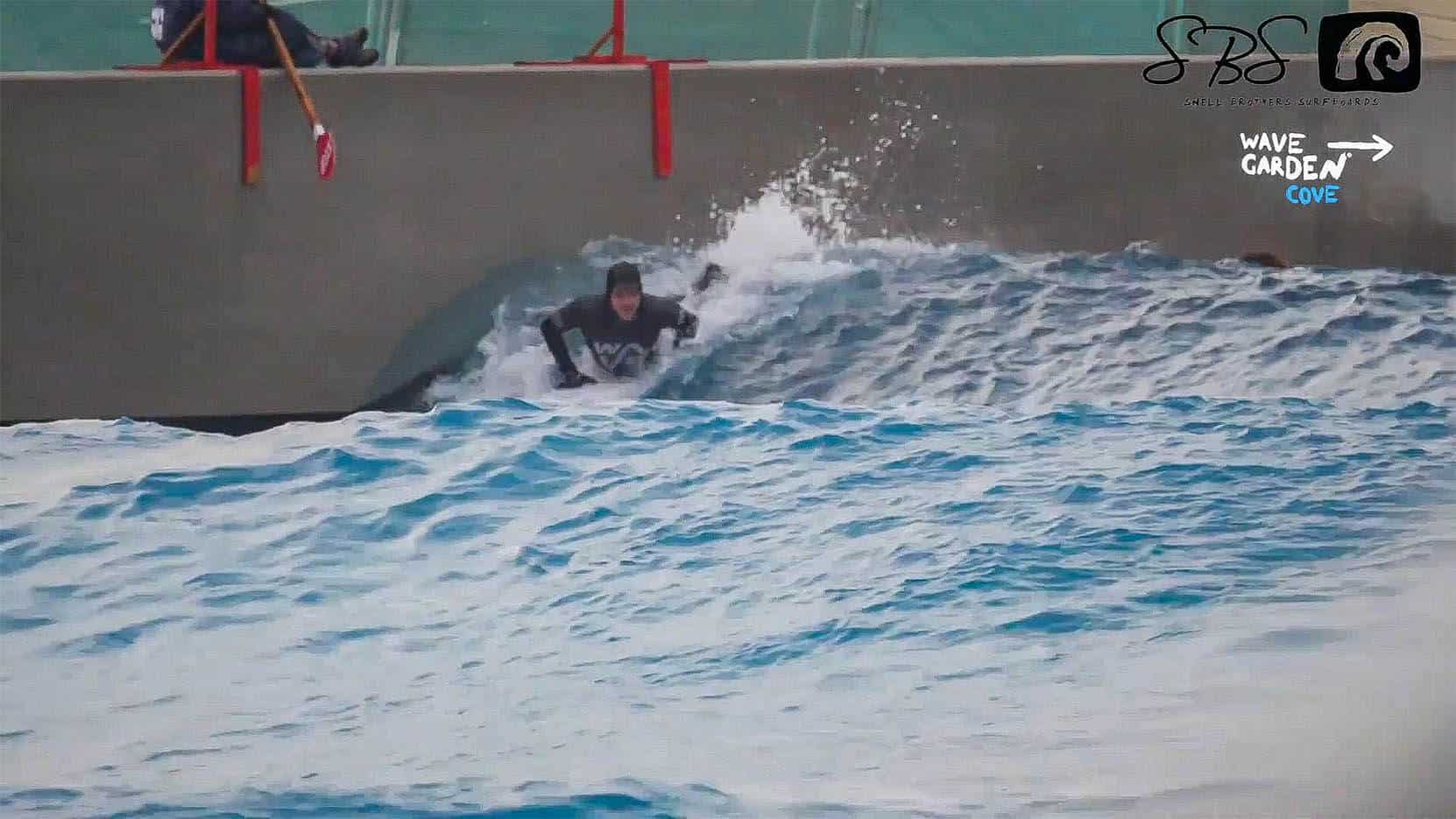
Taking off close to the wall all give you a steeper drop and a bit more speed going into your first turn. If you take off more on the shoulder the drop-in is less steep and easier but will give you less speed so will need to generate more as you go on the wave
3 – Have A Good Fitness Level
It goes without saying but if you are surfing in the advanced surf area you will want to make sure your fitness is pretty good and specifically surf fitness. It’s all well and good going to the gym and doing a bit of running but this is surfing so those heavy squats and bench presses won’t help you to much here.
Whilst talking to our team riders we watched a lot of surfers who struggled with paddling. I spoke to said surfers who said they had neglected their fitness through the winter and then arrived at the wave to find out they were too out of shape to paddle and pop up, resulting in them catching fewer waves or making more mistakes and bails on waves because they were tired.
At the wave, there is only a limited amount of time between sets to rest up and if you looking to catch 2 waves every other set you will have to be paddling hard to get back to the take-off point. You don’t want to pay all that money for a session and 20 minutes in be struggling to paddle back out because your arms feel like dead weights.
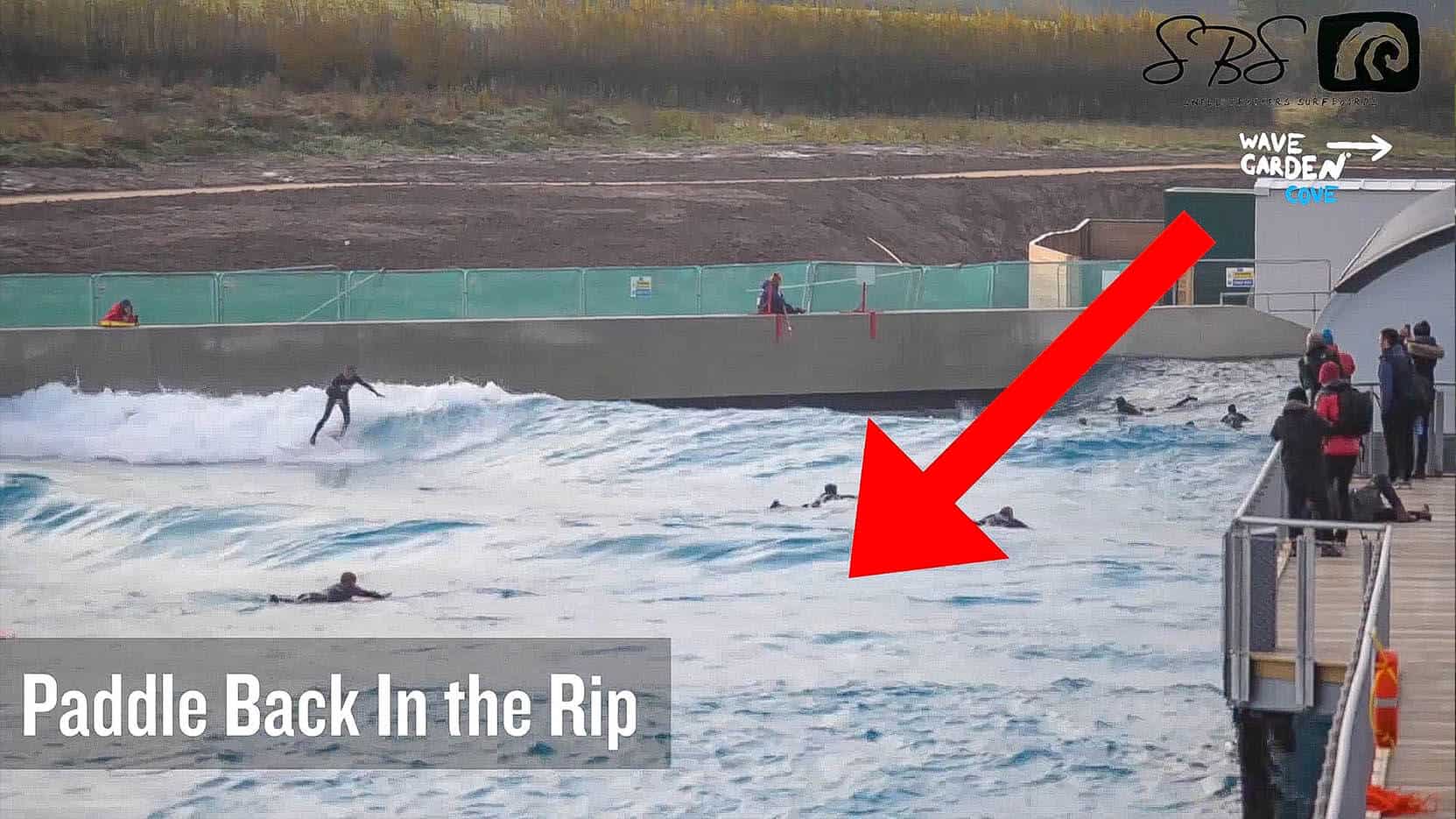
Taking off close to the wall all give you a steeper drop and a bit more speed going into your first turn. If you take off more on the shoulder the drop-in is less steep and easier but will give you less speed so will need to generate more as you go on the wave
Fitness we would recommend for surfing the wave
- Being able to paddle for a long time continuously and have enough energy to pop up
- Being able to get into position faster when you see an approaching wave, and not being too knackered to catch it when you get there
- Being able to catch waves easily up to 2 meters (if your pop up isn’t great get a bit more practice)
- Being able to turn and paddle for a wave quickly after long periods of paddling
- Being able to paddle back into the line-up faster
- Being able to surf for longer and at a higher intensity
By improving your surf fitness, it will help you catch more waves over your 1-hour session and maximising your time and money at the wave Bristol
If you’re a regular surfer even in the winter months and surfing consistently a few times a week or every day then you will have no problems at the wave and your paddle fitness will be perfect to catch more waves at the wave garden.
4 – Catch the First 1-2 Waves Of The Set
If you want to catch more wave and maximise more time on each wave your takeoff will be critical. At the wave, you are all bunched up in the corner right next to the wave generator once the waves start to produce waves you want to be in the correct spot to take off. Each surfer has 2 attempts at a wave before they have to ride the white water into the intermediate area and then paddle back round re-join the queue by which time the set would have stopped and you would have missed your chance to catch more waves.
When the waves start, make sure you stay close to the wall in the take-off zone marked by 2 red poles which are where the wave will start to break. Ideal you want to paddle into these markers to make your pop up as easy as possible but you will also get the most speed taking off close to the wall it will also give you an extra second or 2 to set up your wave and even think about a cutback to the peak.
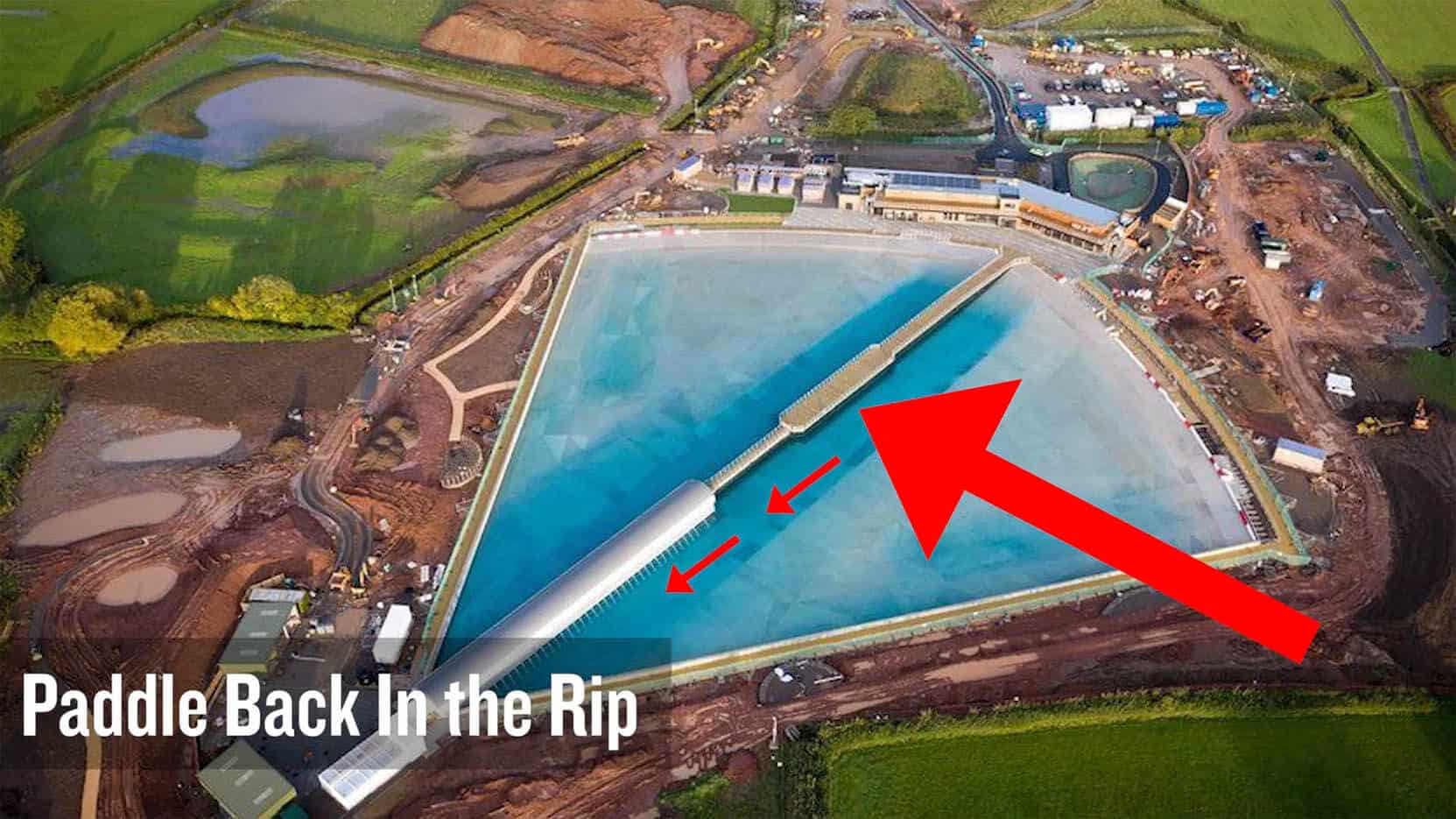
Doing this will require you to have a good fitness level and be back in position fairly quickly but for advanced surfers, this might be the difference between you catching an extra 5-6 waves more than any others in your session and at £40 a sessions you are going to want to make the most of your time in the water.
5 Chose The Right Surfboard
Like any wave in the ocean, those who are lucky enough to have a few surfboards in their quiver will look at the conditions and then pick a surfboard based on what the conditions are, for instance, if it’s a smaller 2-3 foot day at your local beach and you have limited time to surf you will Problay go for a small wave surfboard something wider in width flatter in rocker and some more litres that you normal board as you need all the speed possible.
If we break down the wave you can look at a few factors that will affect surfboard performance
- Size of wave
- Wave shape
- Surfing ability
- Surfers weight and height
- Water density
As we discussed in our first point water density can make a big difference in the float of your surfboard so the first thing you should consider is, Do I need a few extra litres than my normal shortboard, if you can take an epoxy surfboard or use one of the many available at the wave. You will see nearly all the boards available for use at the wave are epoxy and designed with a wider thicker outline combined a flatter rocker to maximise fun.
Because of the size of the advanced wave at Bristol you are going to want a board with a wider width or flatter rocker to help keep all your speed on the wave, there are faster sections as well as fatter less powerful parts so having a board that can keep your speed is essential. The wave also has a small but fast barrel section which is great fun for any advanced surfer but can be tricky for those still progressing. This is where a board with a smaller more pulled in tail can get the best of both worlds with all the speed power and flow of a wider bigger board but with the manoeuvrability of a more performance surfboard.
Depending on your skill level will also affect your surfboard choice if you are just getting used to open-faced waves and surfing along the face of a wave I would suggest having a higher volume and length surfboard that can give you a lot more speed and stability through your session
Depending on your skill level will also affect your surfboard choice if you are just getting used to open-faced waves and surfing along the face of a wave I would suggest having a higher volume and length surfboard that can give you a lot more speed and stability through your session
Our top 3 surfboards for the wave Bristol
Hopefully, you found this blog helpful and will give you a good idea of what to expect at the wave in Bristol and give you a bit of a tactical advantage when it comes to catching more waves.
If you know any other ways to catch more waves at the wave Bristol feel free to message us in the comments box below
Related Posts
Epoxy Surfboards are Better For wave Pools?
Whats Better For Wave Pools (EPS Or PU) If you haven’t been hiding under a rock for the last 2 years then you have probably seen the explosion of wave pool video hit the internet from Kelly's Surf Ranch with endless peeling perfection to BSR Park, N Land in Austin or...
INFLATABLE SUP VS HARD SUP WHAT’S RIGHT FOR ME
As technology and development in inflatable and hard boards change this is something to review every few years as it used to be very clear that hard boards rule the waterways and inflatables had no place and no rivalry to the hardboard but today things are very...
Long Bow Race SUP Review (Narcy)
NARCY LONGBOW SUP REVIEW our SUP Team rider Narcy has been riding with us since our very inception he was one of the first people to try every one of our sups and helped create and refine many of o our designs today. Narcy has been stand up paddle boarding for many...

